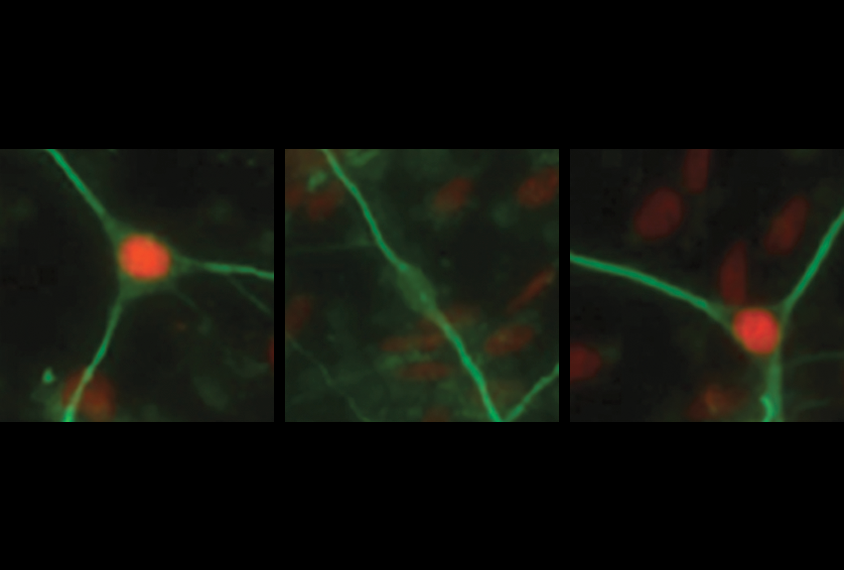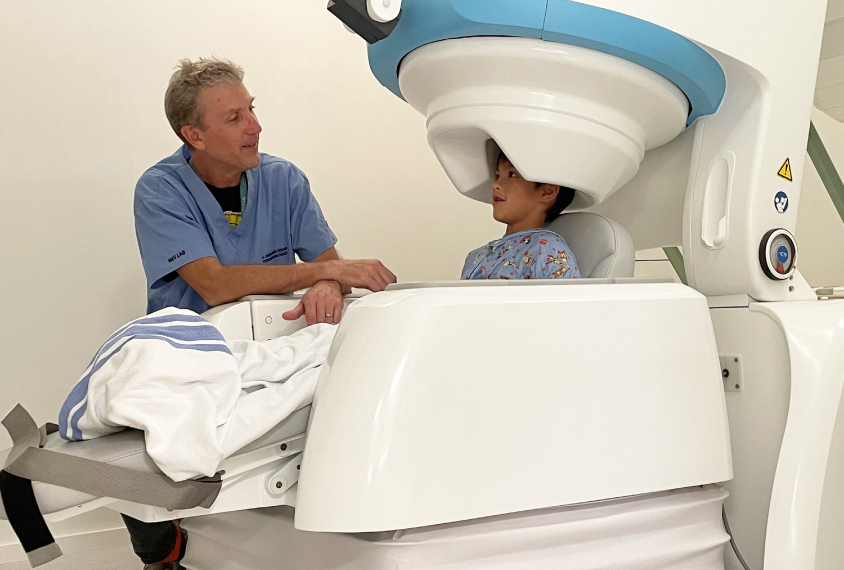Nora Bradford is a California-based freelance writer specializing in neuroscience, marine biology and biomedical sciences. She has a B.S. in neuroscience, psychology and philosophy from the University of Chicago and is completing a Ph.D. in cognitive science at University of California, Irvine.

Nora Bradford
Contributing Writer
Spectrum
From this contributor
Epigenome edits unmute MECP2 in Rett-like neurons
The approach removes methyl tags from the gene and shields it from other silencing factors without changing the gene itself, raising hopes for a new treatment.

Epigenome edits unmute MECP2 in Rett-like neurons
Common and rare autism-linked variants share functional effects
Within the 16p region of the genome, the two types of variants similarly decrease neuronal gene expression — an effect that may reflect their spatial relationship.

Common and rare autism-linked variants share functional effects
Auditory cortex may develop early in autism
A well-studied brain response to sound appears earlier than usual in young children with autism.

Auditory cortex may develop early in autism
Explore more from The Transmitter
Xiao-Jing Wang outlines the future of theoretical neuroscience
Wang discusses why he decided the time was right for a new theoretical neuroscience textbook and how bifurcation is a key missing concept in neuroscience explanations.
Xiao-Jing Wang outlines the future of theoretical neuroscience
Wang discusses why he decided the time was right for a new theoretical neuroscience textbook and how bifurcation is a key missing concept in neuroscience explanations.
Memory study sparks debate over statistical methods
Critics of a 2024 Nature paper suggest the authors failed to address the risk of false-positive findings. The authors argue more rigorous methods can result in missed leads.

Memory study sparks debate over statistical methods
Critics of a 2024 Nature paper suggest the authors failed to address the risk of false-positive findings. The authors argue more rigorous methods can result in missed leads.
Attention not necessary for visual awareness, large study suggests
People can perceive some visual information even if they do not pay direct attention to it.

Attention not necessary for visual awareness, large study suggests
People can perceive some visual information even if they do not pay direct attention to it.